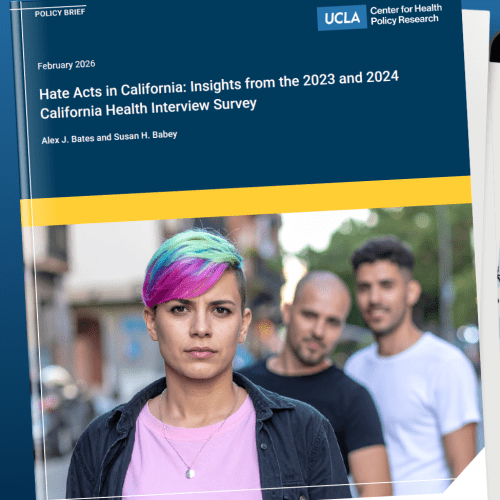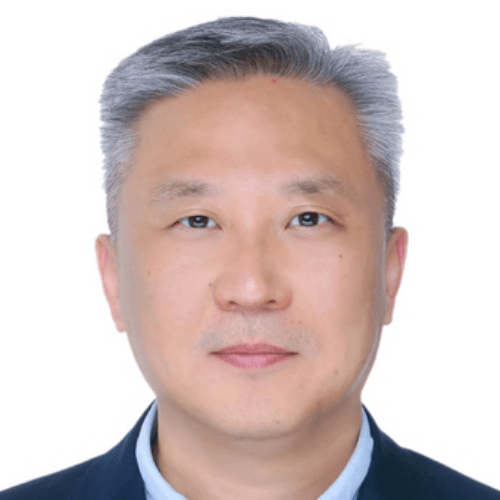UCLA Public Health, Nursing professor shares her experience as a subject in COVID-19 vaccine trial
Kristen Choi says doctors and nurses should discuss side effects with patients, reassure them about vaccine’s safety.
In August, Kristen Choi, a UCLA assistant professor of public health and of nursing, thought about how important it would be to participate in the testing of one of the new COVID-19 vaccines. So she stepped out of her usual role of conducting research and volunteered to become a study subject.
Choi, who teaches at the Fielding School of Public Health and the School of Nursing, describes her experience as a participant in the trial for a vaccine being developed by Pfizer and BioNTech in a perspective published in JAMA Internal Medicine. (The vaccine received emergency use authorization in the U.K. on Dec. 2 and healthcare workers there began administering it this week.)
Although she experienced about a day’s worth of difficult symptoms, Choi said her experience highlights the fact that healthcare professionals will need to prepare their patients to understand how the vaccine works — and that it is safe, despite the side effects.
“The adverse effects of the vaccine — even if, at worst, they all happen at once — are transient and a normal sign of reactogenicity signaling an effective immune response,” Choi writes. “Clinicians will need to be prepared to discuss with patients why they should trust the vaccine and that its adverse effects could look a lot like COVID-19. They will need to explain that fatigue, headache, chills, muscle pain, and fever are normal, reactogenic immune responses and a sign that the vaccine is working, despite the unfortunate similarities with the disease’s symptoms.”
The vaccine being tested, BNT162b2, requires two injections. Because the study was a randomized trial, Choi notes, she does not know for sure whether she received the vaccine or a placebo — although her reactions would suggest that she was given the vaccine, she writes.
She noticed only minor soreness in her arm after the first injection. After her second injection, a month later, her arm was much more painful and, over the course of the next 24 hours, she experienced a range of symptoms including high fever, dizziness, nausea and a headache. Aside from a bump on her arm where the injection had been, all of the symptoms all went away after a day.
Choi - named one of Forbes' "30 Under 30" in healthcare in December - writes in JAMA that although it may have been unusual for one person to experience all of those symptoms at once, they all had been observed during an earlier phase of the vaccine’s testing. In a phase one trial among adults 18 to 55 years old, 75% reported fatigue, 67% reported headaches, 33% reported chills, 25% reported muscle pain, 17% reported fever and 17% reported joint pain.
“I wrote this article to help health care providers in their conversations with patients about the new COVID-19 vaccines,” Choi said. “Explaining that side effects like fever, chills, muscle pain, fatigue and headache are a normal, expected vaccine response, we can build trust with our patients — despite the unfortunate similarities these side effects have with COVID-19.”
Choi, a practicing nurse in child and adolescent psychiatry, worries that even though the side effects of the vaccine are short-term and a sign of an effective immune response, they could become a reason people opt-out of vaccination. In September, a Pew Research Center poll found that just 51% of Americans would be willing to take the drug, down from 72% in May. Among those who said they would not or probably would not take the vaccine, 76% said concern about the side effects was a primary reason.
“It is important for people to feel confident about getting this vaccine” said Linda Sarna, dean of the UCLA School of Nursing. “I’m proud of the courage Dr. Choi has demonstrated in being part of the trial and in sharing her experiences for the sake of public health. It exemplifies the Bruin spirit.”
Written by Kevin Tyler


